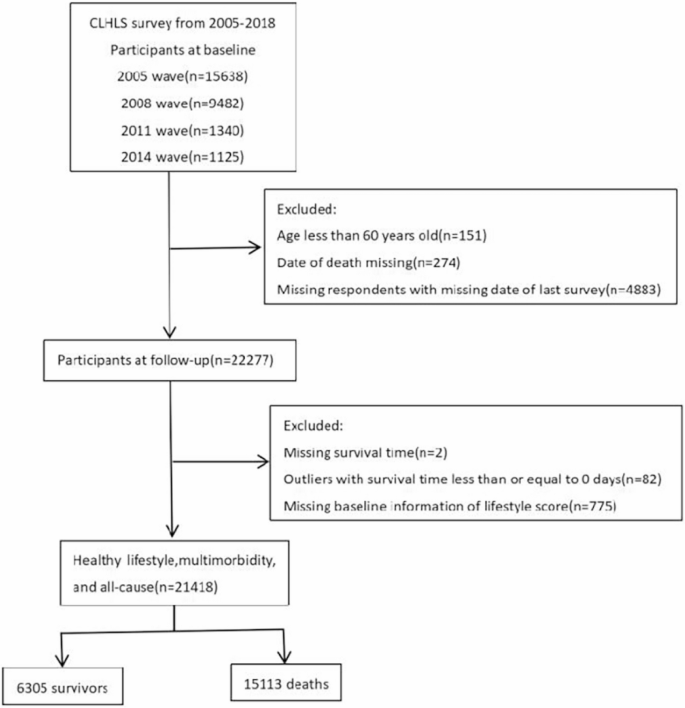Our bones not only provide structure to the body but also protect vital organs, support muscles, and store calcium. Maintaining a strong skeletal system is essential for preventing fractures, maintaining mobility and overall well-being. Bones go through a process of remodeling – old bone tissue is constantly replaced with new ones. This process is much more efficient during childhood and adolescence, reaching its peak at 30, after which the rate of losing bone mass exceeds the synthesis of new tissue.

Bone health depends on several factors including genetics, physical activity, nutrition, and hormonal balance. Some people are more susceptible to osteoporosis, a condition where bones strength is compromised due to loss of bone mass, including ones with family history of the disease, those with white or Asian genetics, and especially women after the age of 30. Dr. Vonda Wright, orthopedic surgeon and champion of women’s health and longevity, shared three key strategies to maintain strong and healthy bones throughout life with The Midlife Project on Instagram.
Physical activity
High intensity exercises and weight training have been proven to help build new bone tissue and promote stronger bones. Dr. Wright recommends simple daily activities like jumping, running around, and not merely climbing stairs but “pound(ing) up the stairs” to help build bone mass. The bone expert mentioned, “research has shown the mechanical impact of pounding your bones translates into biochemical feedback which causes your bone to say, ‘Oh, a lot’s being expected of us. Let’s lay down better bone.’” This needs to be inculcated since childhood because that is when bone remodeling rate is at its highest. An article on Healthline states that performing weight bearing exercises, especially for women, have been found to show “increases in bone mineral density, bone strength and bone size, as well as reductions in markers of bone turnover and inflammation.”
Nutrition
A balanced diet rich in protein, vitamin D, calcium and other minerals like magnesium, phosphorus, and potassium, is essential in maintaining bone density and reduces the risk of osteoporosis and fractures. Dr. Wright advises against calorie restriction diets highlighting the importance of proper nutrition with adequate intake of protein and minerals for optimal bone development. “We cannot calorie restrict and expect to build enough bone density partly because our bones require protein and minerals such as calcium, magnesium, vitamin D.” Calorie restriction can negatively impact bone density and increase the risk of fractures.
Lifestyle choices
“If we want the healthiest bones ever, can we please stop smoking?” remarked Dr. Wright further elaborating, “We think it’s only about lung cancer, but it inhibits bone growth.” A study by the National Library of Medicine states that tobacco use, like smoking and vaping, causes imbalances in bone turnover, resulting in reduced bone mass and increased risk of osteoporosis and fractures. Another article by Mayo Clinic points out that alcohol consumption should be done in moderation in order to protect bone health – more than one alcoholic drink for women and two for men can significantly increase the risk of weak bones.
Note to readers: This article is for informational purposes only and not a substitute for professional medical advice. Always seek the advice of your doctor with any questions about a medical condition.






